German police carried out several pre-dawn raids Wednesday targeting an alleged Iraqi-Kurdish network accused of smuggling migrants by boat from France to the UK.
More than 500 German officers, working in collaboration with more than 20 French officers from the security services and coordinated by the European police organization Europol, took part in a series of early morning raids in the western German cities of Gelsenkirchen, Essen, Grevenbroich, and Bochum and Sankt-Augustin on Wednesday (December 4).
The operations that took place in both residential properties and storage facilities around the city, targeted a suspected network accused of "smuggling migrants from the Middle East and East Africa to France and the UK using…low-quality inflatable boats," German police said in a statement.
According to a report by the German tabloid newspaper Bild, one raid was carried out in a home for asylum seekers in Essen.
The raids follow an investigation into an Iraqi-Kurdish smuggling network that led to 19 arrests earlier this year. The suspects, all based in Germany, are accused of purchasing, storing and transporting inflatable boats to smuggle migrants from French beaches around Calais towards Britain, stated Europol.
Read AlsoUK and Iraq sign deals to return migrants, combat smuggling
Special 'anti-terror' forces deployed
Raids also took place in areas of Germany’s southern Baden Württemberg state, some involving members of the special anti-terrorist unit GSG9.
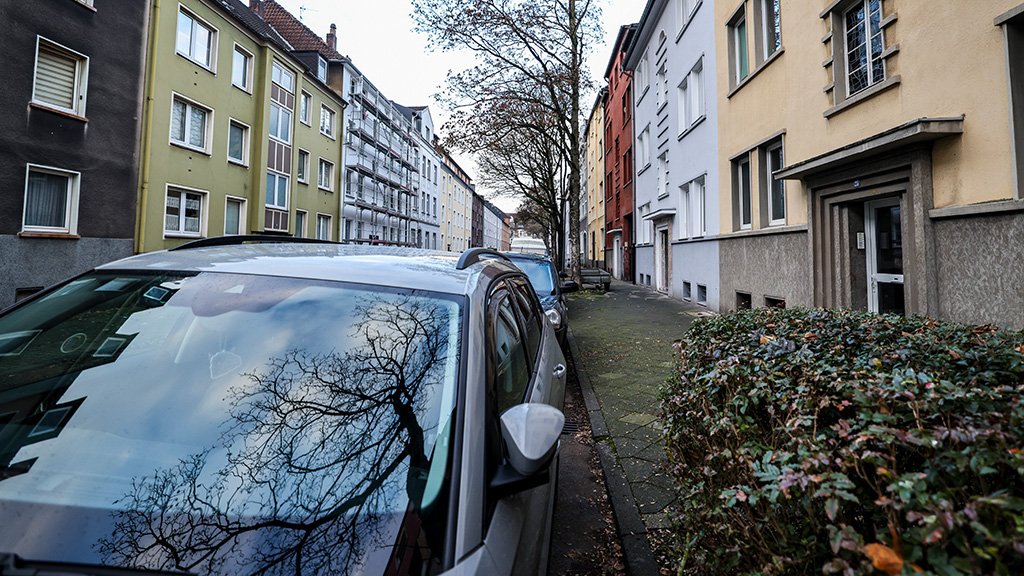
Unnamed security experts told the German state broadcaster ARD that the GSG9 officers were deployed because of the "significant danger posed by some of the suspects."
ARD also reported that another parallel raid took place in France. The investigation into this suspected network began in February, when a series of smuggling suspects were arrested.
According to the German press agency dpa, some suspects are also accused of robbery and theft as they are believed to have obtained parts for migrant boats by illegal means in Germany. Some of the migrants smuggled by the group are said to have been threatened at gunpoint.
'A strong blow' against smuggling suspects
Under French law, a person wanting to buy a small boat or engine has to provide proof of identity. Since the law was introduced, the sourcing of boats has moved to other countries like Germany, reports dpa.
German Interior Minister Nancy Faeser described the raids on Wednesday as a "strong blow against this unscrupulous business." Many of the suspects are "highly dangerous, and sometimes armed," Faeser added.
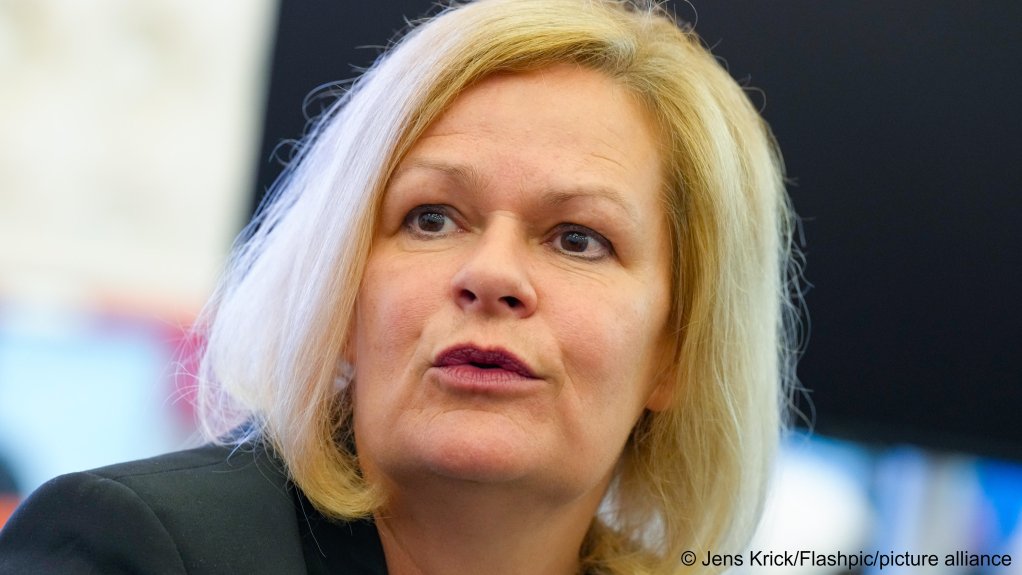
The minister is due to meet her counterparts from the so-called 'Calais group' – which includes the UK, France, the Netherlands, Belgium and Germany – next week.
Dangers in the Channel
Since the beginning of 2024, more than 33,000 migrants have crossed the Channel to the UK. More than 20,000 have arrived since July, when the new Labour government took power.
The number of deaths of people trying to cross the Channel has also risen, with 72 deaths recorded so far this year. Migration experts say this is partly due to an ever-increasing load on the boats, and a lack of proper equipment for crossing open stretches of water. Several of the deaths have been caused by overcrowding and panic on the boats soon after departure, with some passengers suffocating or crushed by others on board.
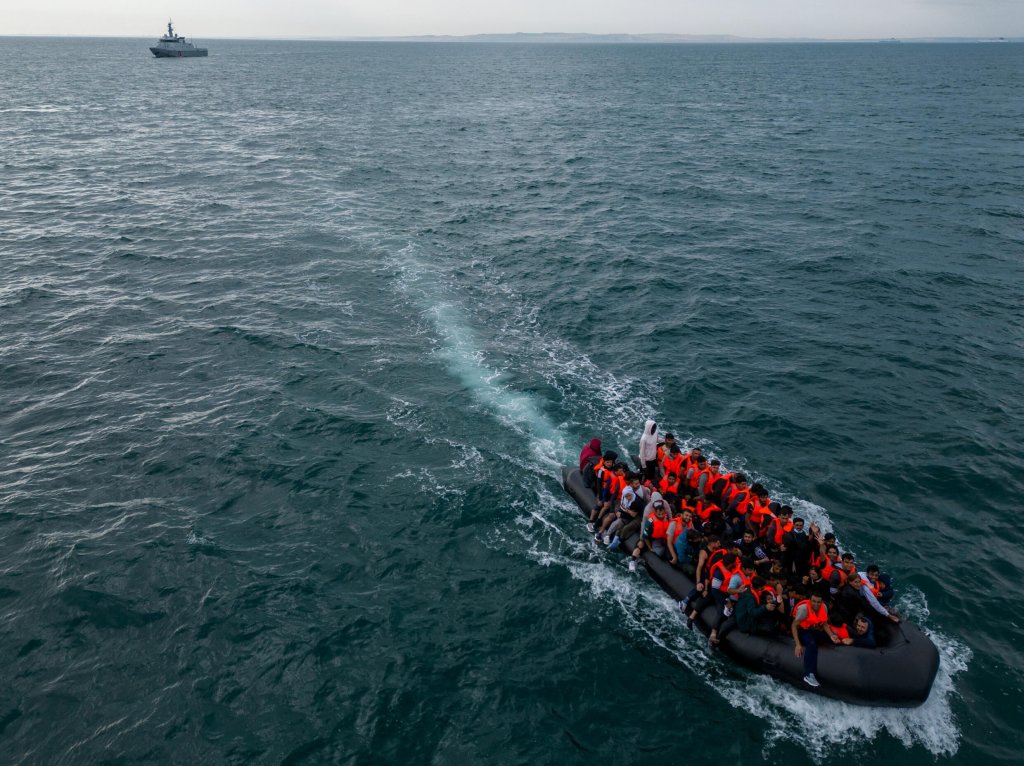
The dangers are exacerbated by the cold waters of the Channel, even in summer, and the risk of severe hypothermia. Temperatures are generally lower at night, a time when many migrants attempt the crossing to avoid the increasing number of police patrols on the beaches and in French waters.
Read AlsoKey suspect arrested in UK in Europe-wide people-smuggling crackdown
Earlier raids
On November 20, a similar series of raids took place across Europe, but led by German officers. This was to try to "take down … a large criminal network involved in migrant smuggling, weapons trafficking and document fraud along the so-called Balkan route," stated Europol in a press release from November 21.
Officers from Austria, Bosnia and Herzegovina, the Netherlands, Poland, Serbia, the UK, Germany and several other European countries took part in the raids and investigation.
Over 450 officers were deployed on the ground, leading to 25 arrests, (six in Austria, three in Bosnia, four in Germany, five in Poland, six in Serbia, and one in the United Kingdom.)
According to Europol, there were at least "three high-value targets" among those arrested. One of them, reported to be an Iraq citizen, was arrested in the UK following a European arrest warrant issued in Poland.
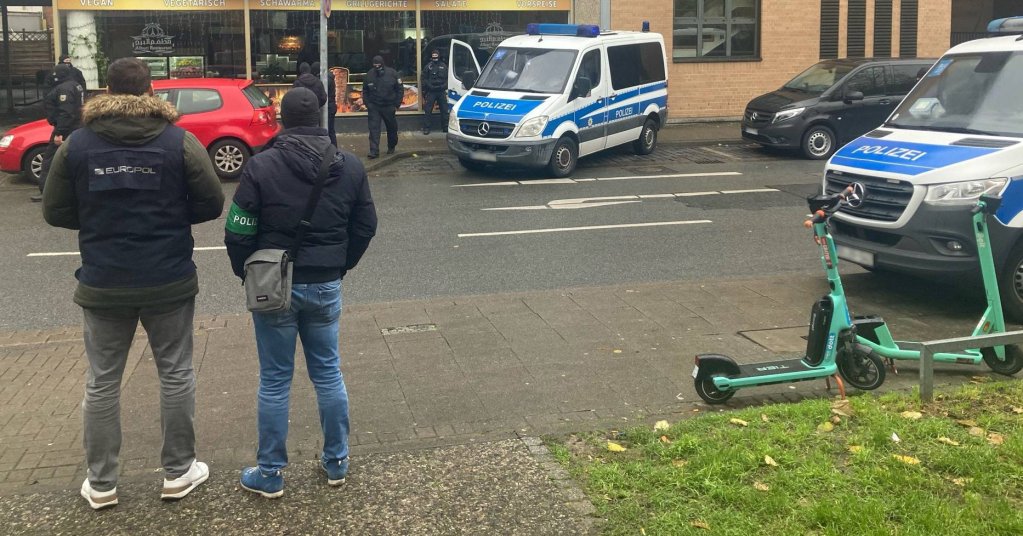
In total, 31 different locations were searched across Europe. Police officers seized vehicles, electronic equipment and cash.
The investigation team believes this network had been active since at least 2021. Investigators say that the criminal network subcontracted out to local criminal groups, asking them to provide services "such as transport and accommodation for their migrant smuggling operation."
Syrian suspects
This particular network is thought to have been composed mainly of Syrian nationals, based predominantly in Germany, the Netherlands and the UK. According to Europol, it is alleged to have been particularly violent towards the migrants in its care, and in defending its market share from others active along smuggling routes.
One journey orchestrated by the network reportedly "led to the death of two female Syrian migrants in Latvia," stated Europol. The gang is believed to have charged between 4,500 and 12,000 euros for each journey, netting it around 3.4 million euros in illegal profits since 2021.
Read AlsoJumping onto trucks in Calais, the last resort for migrants without money
From India to Europe, the UK and North America
Europol last week helped coordinate a French-led investigation that resulted in the "dismantling of a large criminal network comprising several small criminal groups involved in migrant smuggling and money laundering."
Following the investigation, police said the group was involved in smuggling migrants from the Indian sub-continent, including India, Sri Lanka and Nepal to Europe, the UK and North America. According to a statement from Europol, the smugglers charged between 15,000 euros and 26,000 euros per person to transport migrants to the EU via Dubai, or several different African countries.
According to a statement, the network used "unlawfully obtained tourist, work or medical visas," to bring the people into the target countries. It is suspected of having brought several thousand migrants into France since 2022.
26 suspects were arrested in total. It is believed the group may have generated several hundred million euros in illegal profits with its alleged activities. Real estate, including nine houses and four shops were seized by investigators, as well as 35 bank accounts holding over 440,000 euros. The raids found 121,000 euros held in cryptocurrencies, as well as 23 luxury vehicles, and gold and jewelry valued at over 5 million euros. In addition, 350,000 euros was seized in cash, and building materials worth around 400,000.
Read AlsoFrance arrests 26 as South Asian migrant trafficking ring smashed
Money laundering and gold
The investigators found that the suspected network "laundered their criminal assets in multiple ways, through shell companies, hawala, and the trafficking of gold." Suspected smugglers and financial brokers were arrested as part of the investigations that began in March this year.
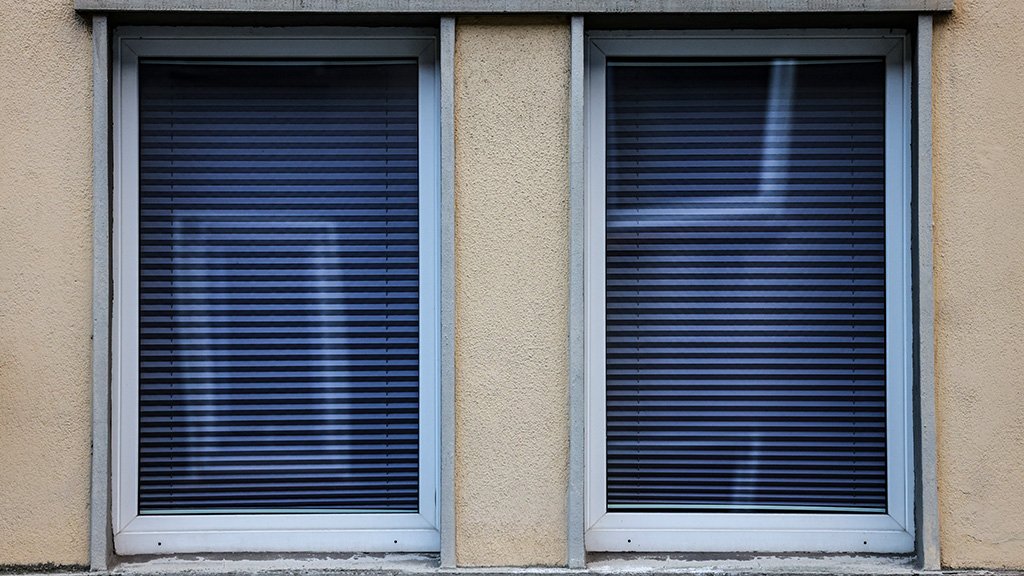
A Tamil priest is suspected of being part of the network and accused of using his temple to take in the payments from the migrant smuggling activities. He was arrested on November 12, charged and remanded in custody.
Last week, four other individuals were detained on charges of laundering over 200 million euros in assets through legitimate public works companies. According to Europol, these individuals used the companies "as a front" and deployed "cleaned assets" for the network to allow it to expand its activities.
The companies are also accused of employing irregular migrants "and paying them significantly less than the regular salaries for the sector."
With dpa, AFP
